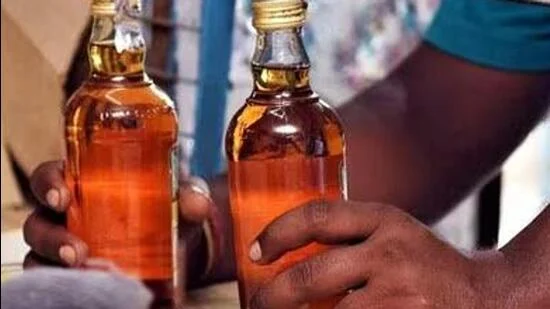In Odisha, the Bharatiya Janata Party (BJP), under the leadership of Narendra Modi, came to power with a focus on promoting 'Odia Asmita' (pride in Odia identity) and addressing the socio-economic needs of the state's population. The party’s 2024 manifesto, titled Modi’s Guarantee for Odisha 2024, outlined a vision of inclusive development aimed at achieving prosperity by 2036. Key promises included reforms to liberate the agricultural sector from bureaucratic constraints, strengthening infrastructure, improving health and education services, and implementing the New Education Policy to empower youth. The BJP’s stated objective was to contribute to building a "Viksit Bharat" (developed India) and "Viksit Odisha" (developed Odisha).
However, following its electoral victory, critics argue that the government’s priorities have shifted. Observers point out that several of the manifesto’s key promises—such as generating employment, ensuring adequate irrigation for agriculture, and providing housing—have not been fully realized. In particular, the pledge of "Kaama Sabu Hata Ku, Paani Sabu Kheta Ku, Chhatta Sabu Munda Ku" (employment for all hands, water for all lands, and a roof over all heads) remains largely unmet, according to these critiques.
A significant policy focus of the current administration has been the introduction of a new excise policy that promotes the production and sale of various local alcoholic beverages. Supporters of the policy argue that it aims to increase state revenue and support local industries. However, critics contend that it places financial considerations above public health concerns. Some analysts suggest that increased alcohol availability may contribute to social issues such as health problems, crime, and addiction.
There is also an argument that the state government could explore alternative avenues for sustainable revenue generation. Odisha possesses substantial natural resources, including forests, minerals, and marine assets. By addressing reported losses in mining revenue and expanding agricultural production, critics suggest the state could boost its economy without relying on increased alcohol sales. Additionally, Odisha’s potential for sustainable tourism development remains underutilized.
Observers also note continuity in certain economic patterns between the BJP-led government and previous administrations under the Congress and Biju Janata Dal (BJD). These include the allocation of valuable natural resources to private corporations, a practice that has generated debate regarding its long-term impact on equitable development.
The World Health Organization (WHO) reports that alcohol consumption is linked to numerous health risks, including illness and death. Critics argue that expanding the alcohol market could exacerbate public health challenges in the state. Others frame the issue within a broader historical context, suggesting that governments across time have used intoxicants and ideology as tools to maintain social control.
In conclusion, the debate over Odisha's excise policy highlights a tension between short-term revenue generation and long-term societal well-being. Some commentators argue that sustainable governance requires policies prioritizing public health, education, and economic equity. They suggest that fostering an informed, healthy citizenry is fundamental to strengthening democracy and achieving inclusive development in Odisha.


Comments